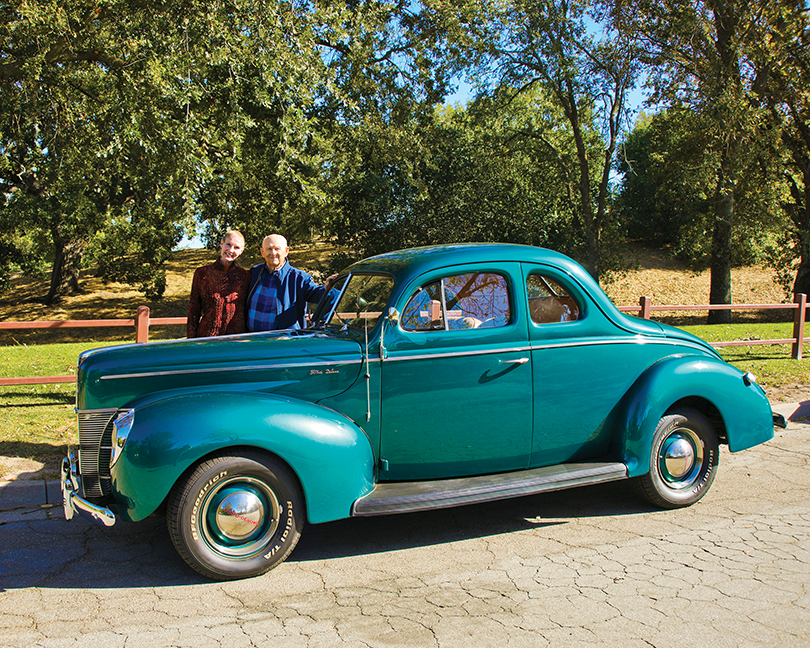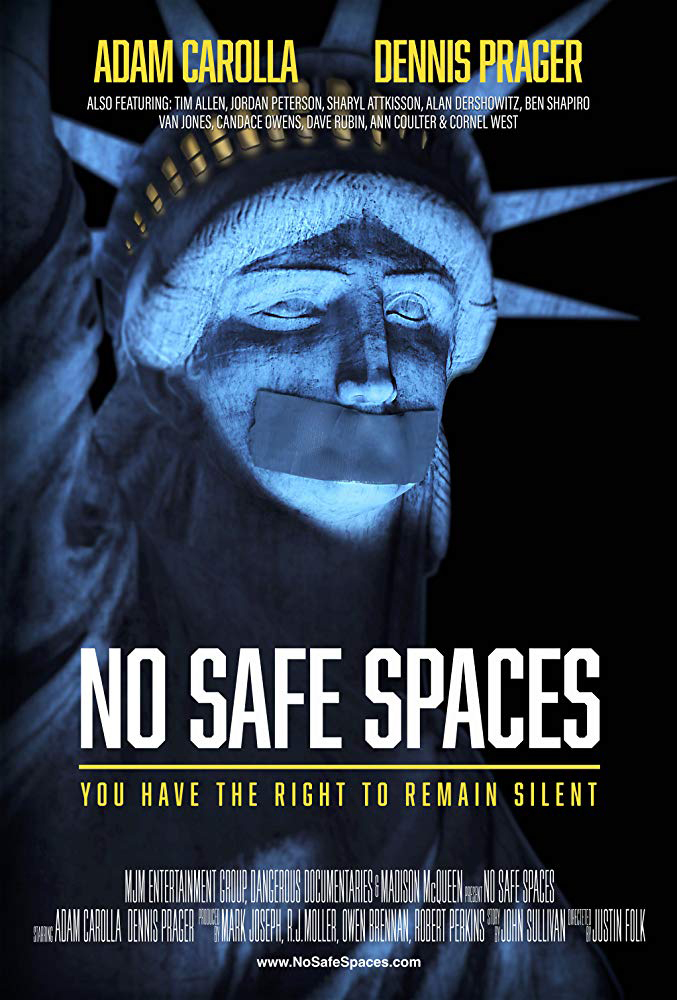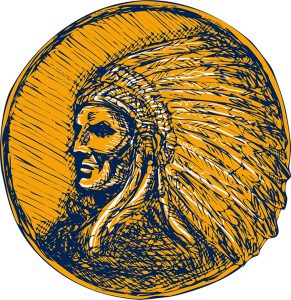A legend in one’s own time is a hard moniker to achieve. Without a shadow of a doubt, Burt Bacharach is one of the undisputed owners of this title. He has more than earned this distinction by his many significant contributions to his art. Among his varied musical talents are: prolific composer, song writer, arranger, conductor, record producer, versatile pianist, and singer. Not only has he done them all, he is amazingly accomplished at all of them –except being a conductor—he had to grow into that one. This was echoed by scores of people he worked and collaborated with through many years.
Bacharach was born in Kansas City, Missouri in 1928. Shortly after his birth the family moved to Forest Hills, Queens, New York. This is where he grew up and went to school. He was born into a German Jewish family who did not practice Judaism. His mother, Irma, was an artist and amateur song writer who played the piano by ear.
His father, Bert, had different jobs in men’s clothing, He worked in public relations, as a disc jockey, and became a syndicated journalist with a column in 84 newspapers. Fortunately for the family they were not hit hard during the depression of the early 30s. Bacharach’s father always seemed to have several “irons in the fire” that brought in enough money to supply the family with what they needed.
When he was born his parents decided he would not be named Bert, after his father. They did not like the nameof Big Bert and Little Bert or Bert Junior, so they compromised by selecting the name, “Burt”—same name different spelling. To differentiate even further, his mother started calling him “Happy.” That name stuck for a long time.
At age eight, Bacharach started piano lessons taught by his mother. She was a task master when it came to practicing. Young Bacharach did not like to practice! He wanted to go outside with his friends and play ball. Consequently, all that practice led him to become an excellent pianist. What a boon to his career later in life.
Bacharach was not a great student in school, but when it became obvious that he had a real talent for music, he went on to higher education. He studied at McGill University—where he wrote his first song—at the Mannes School of Music, and the Music Academy of the West.
After his second year at McGill, he spent the summer in California and studied composition with the famous French composer, Darius Milhaud, a French Jew who fled from Paris when it fell to the Nazis in 1940. Milhaud also taught at Mills College in Oakland, California where jazz artist, Dave Brubeck, was one of his students.
After his third year at McGill he decided not to continue his studies toward a degree. He was drafted into the army, but did not take to military life at all. He eventually joined an entertainment group and began playing piano at different army bases. Bacharach was assigned to the officer’s club on Governor’s Island in New York City. He could even live off base, which was conveniently close to his parents’ Manhattan apartment. Later, he was assigned to Germany where he wrote orchestrations for the band that played in a nightclub.
After the army, he returned to live with his parents in New York. He studied for a while at Mannes College of music. He really didn’t know what he wanted to do with his music. A quote from his book, Anyone Who Had a Heart, sums up Bacharach’s philosophy – “I think what you write is what you are.”
He became a pianist and conductor for singers, Vic Damone, later, Polly Bergen, Steve Lawrence, The Ames Brothers, and Paula Stewart, whom he eventually married. Stewart related that Vic Damone was not well educated, and he asked Bacharach for some “Big Words” so he could impress the girls.
Bacharach was married four times. His most noteworthy association was with movie star, Angie Dickinson, from 1965 to 1981.
A huge milestone in Bacharach’s career was meeting Hal David, a lyricist who had worked with Guy Lombardo, Frank Sinatra, Teresa Brewer, and many more. Like Bacharach, Hal David was a perfectionist. He was known as an extraordinary lyricist and a dependable person. David proved to be a flexible partner, often bringing words to Bacharach to set to music. Sometimes Bacharach would bring David a phrase he had written, and they worked together to write a song.
The first hit song with Hal David was The Story of My Life, written in 1957; this was the start of many hit songs with David. Later, David went on to become the president of ASCAP (American Society of Composers, Authors and Publishers) from 1980 to 1986.
Bacharach had a long association with German entertainer, Marlene Dietrich, which began when Dietrich was 56 years old. They played Las Vegas, and from there went on tours in South America and many other extended world tours together. She was quoted as saying, “Bacharach, as a man, embodied everything a woman could wish for. He was considerate and tender, gallant and courageous, but above all, he was admirable and loving. His loyalty knew no bounds. How many such men are there?”Dietrich said.
There have been many influential people in Bacharach’s life, including Hal David, Herb Alpert, Brian Epstein, and a very important association with the songstress, Dionne Warwick. Among Bacharach’s many honors, awards, and citations are six Grammys and three Academy Awards. He holds the distinction of having over 70 top hit songs among his many compositions. Bacharach was also associated with the Austin Power Films in 1997, 1999 and 2002.
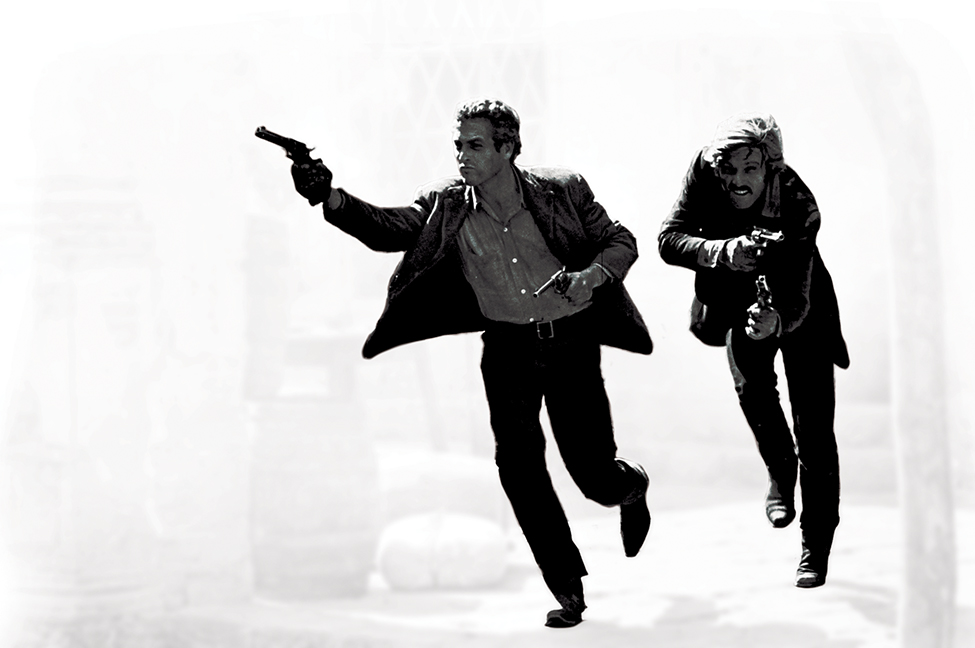
Bacharach composed through the late 1950s-1980s. He wrote for both stage and film, as well as recordings. He is one of the top composers of the 20th century. One of his personal favorites is the song, Alfie from the film of the same name in 1966. He recorded this song with Cilla Black at the Abbey Road Studios in London, England. With Hal David they produced the Broadway Musical, Promises, Promises.
A few of his hit songs are: Raindrops Keep Fallin’On My Head, What’s New Pussycat, The Look of Love, What The World Needs Now is Love, I’ll Never Fall in Love Again, (They long to be) – Close to You ,and, Do You Know The Way to San Jose.
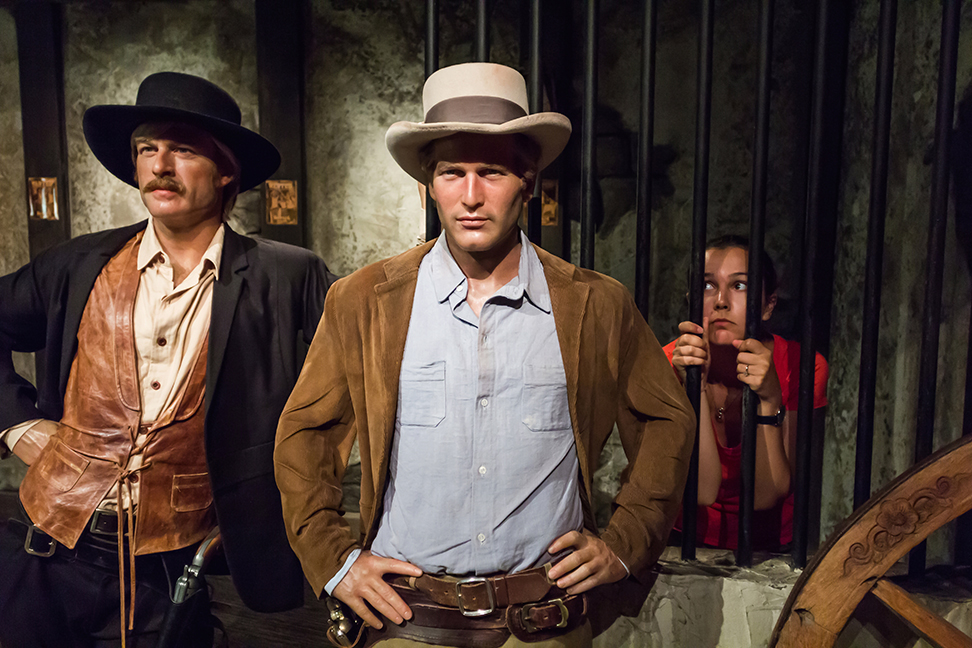
Bacharach’s songs can be characterized by unorthodox chord progressions based on his background in the jazz idiom, sometimes diverting from the traditional form of pop songs. His music has been recorded by more than 1,000 artists. He is always adamant about how a song should be played and what it should sound like.
If there is a more deserving song composer called “iconic,” it is certainly Burt Bacharach. What a gift his music has given us to enjoy for years and years to come.
Please submit your questions and comments to banddirector01@comcast.net
Visit our website at danvilleband.org for up-to-date information about the Danville Community Band.
